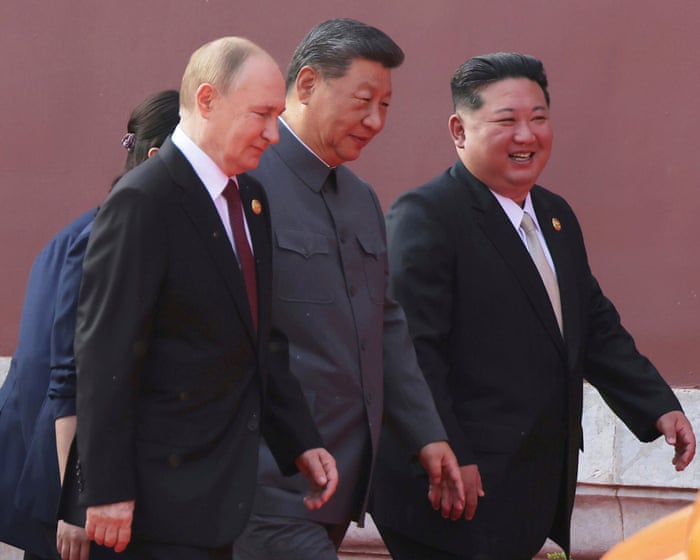French female boxers have been excluded from the first World Boxing Championships in Liverpool after missing the deadline for a genetic sex test. The French boxing federation (FFBoxe) stated that the test requirement conflicts with French law.
World Boxing, which released the list of competitors for Thursday’s opening rounds without any French athletes, declined to comment on specific cases but noted that all federations had been informed of the policy.
FFBoxe reported that it was notified on July 21 that all female athletes must provide results of a “femininity test” during registration. According to the federation, French law prevents them from conducting such tests domestically or abroad without a medical prescription. Following a recommendation from World Boxing, FFBoxe arranged testing at a lab in Leeds. Despite promises of 24-hour results, the process was delayed.
In a statement, FFBoxe called the exclusion a “profound injustice,” saying their athletes and others from foreign teams were unfairly penalized due to bureaucratic issues and a policy communicated too late.
World Boxing responded that all federations were warned on August 21, noting that test results could take up to 48 hours and that tests completed after September 1 would risk athletes’ eligibility. The organization added that it had helped multiple federations access testing facilities in Great Britain over the previous three weeks, and many boxers had been tested through this process.
Maëlys Richol, one of the affected French boxers, expressed her frustration on Instagram, calling the situation extremely difficult and stating that a year of preparation had been wasted due to poor management.
World Boxing, which will oversee boxing at the 2028 Los Angeles Olympics, made genetic testing mandatory in May for female athletes over 18 to ensure safety and fairness. Its president, Boris van der Vorst, reaffirmed this policy on Wednesday.
FFBoxe said it still had not received the test results from the lab as of Thursday and was considering an appeal.
The issue has reignited debate over sex verification in sports. Algerian boxer Imane Khelif, who won gold in the women’s welterweight division at the Paris Olympics last year, has appealed to the Court of Arbitration for Sport (CAS) after being barred from future events unless she undergoes genetic testing. CAS rejected her request to suspend the ruling while her case is under review.
Frequently Asked Questions
Of course Here is a list of FAQs about the situation with French female boxers and genetic sex testing designed to be clear and helpful
General Beginner Questions
Q What is this story about French female boxers being barred
A Several top French female boxers were temporarily prevented from competing in the 2023 World Championships because their national federation had not completed the required genetic sex testing paperwork on time
Q What is genetic sex testing in sports
A Its a medical test often a blood test that checks an athletes chromosomes to confirm they are biologically female Its used in some sports to ensure fair competition in the womens category
Q Why is this testing done
A The intention is to prevent athletes with a natural high testosterone level due to Differences of Sex Development from having an unfair physical advantage in womens competitions
Q So were these boxers not actually female
A No thats a common misunderstanding The boxers are female The issue was purely an administrative delay in submitting their test results to the international boxing federation not a question of their gender or sex
Q Was this a ban on all French female boxers
A No it was specific to the athletes whose documentation was not processed in time for that particular tournament Other French boxers with completed paperwork were allowed to compete
Advanced Detailed Questions
Q Which governing body enforces this rule
A The International Boxing Association has this rule for its tournaments Other sports organizations like World Athletics have similar policies but the rules are not universal across all sports
Q What are the arguments for this type of testing
A Proponents argue it is necessary to maintain a level playing field and protect the integrity of womens sports by ensuring all competitors operate within the same hormonal parameters
Q What are the criticisms against this testing
A Critics say it is invasive discriminatory and a violation of privacy and human rights They argue it targets and humiliates female athletes particularly those with DSD conditions and that the focus should be on competitive performance not biology
Q Is this type of testing common in other sports
A Yes it has been used in track and field athletics and now boxing



